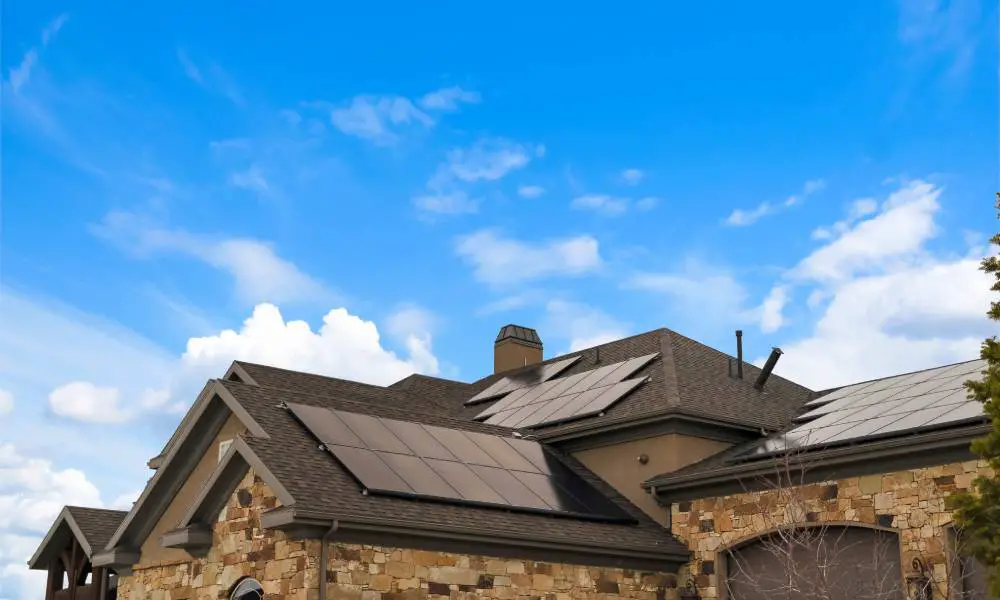

As energy costs continue to rise and environmental concerns become more pressing, many homeowners are actively seeking sustainable and cost-effective solutions to power their homes. Solar panels have long remained a popular alternative for some, but a key question remains: Are solar panels affordable for homeowners in 2024?
In the early days of residential solar panels, the technology was expensive for several reasons. Firstly, the efficiency of early solar panels was relatively low, meaning homeowners needed to purchase larger systems to meet their energy needs, further increasing the expense. The lack of economies of scale at the time also contributed to higher prices, as there was a limited demand for solar panels.
Furthermore, there were fewer financial incentives and subsidies available to offset the initial investment, making it less financially viable for the average homeowner. The combination of these factors made early solar panel systems an impractical and costly option for residential use.
Today, the affordability of modern solar panels has dramatically improved, making them a viable option for many homeowners. Advances in technology have significantly reduced manufacturing costs, thanks to increased efficiency and the development of less expensive materials.
Additionally, widespread adoption has driven economies of scale, resulting in lower prices for consumers. Furthermore, various federal, state, and local incentives, including tax credits, rebates, and financing options, have made it easier to manage the initial investment. As a result, the long-term savings on energy bills and the potential increase in property value contribute to the overall financial attractiveness of installing solar panels in 2024.
Homeowners can generate income from their solar panels through a process known as net metering. This system allows homeowners to sell any excess electricity generated by their solar panels back to the grid. When their solar system produces more electricity than the household consumes, the surplus goes into the local utility grid, and the homeowner receives a credit on their utility bill. Over time, these credits can accumulate and either reduce future utility bills or, in some cases, result in direct payments from the utility company.
This aspect of solar panel ownership helps to offset the initial investment and provides an ongoing revenue stream, making solar energy an even more attractive option for homeowners in 2024.
As the importance of solar energy continues to grow, homeowners must have affordable solar panel options in 2024 and onward. With the combination of improved technology, increased adoption, and various financial incentives, this greener future can become a reality!
Find out when to upgrade your industrial storage solutions to improve efficiency, boost safety, cut…
Disposable e-cigarettes are redefining how nicotine is consumed—and they're doing so with growing support from…
For smokers seeking a healthier way to enjoy nicotine, innovation has brought forward one of…
Discover the incredible teamwork of bees and how their collaboration sustains ecosystems. Learn how we…
A night out at a top-notch bar with an incredible view can be an unforgettable…
Learn the critical safety features every go-kart track needs. From barriers to emergency solutions, these…